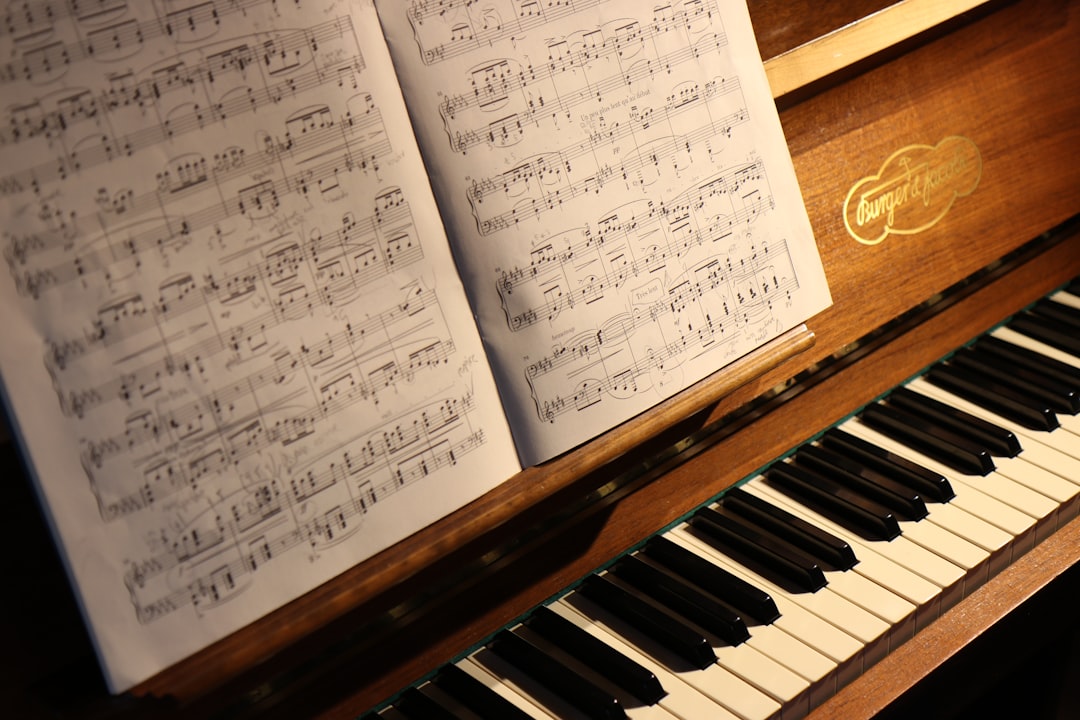What to do if You Can't Afford Piano Lessons?
Learning to play the piano is a great way to express yourself, and it's not just for kids. But most people can't afford piano lessons right away. If you're looking for ways to learn how to play the piano without breaking the bank, read on!

Watch YouTube tutorials
YouTube tutorials are a great place to start if you don't have the money for lessons. While it's true that YouTube tutorials will not be as in-depth as private lessons, they can still be incredibly helpful and serve as a solid introduction to whatever skill you're learning.
You may find that some skills are easier than others when learning by yourself through the help of YouTube videos. For example, finger exercises are usually pretty easy since there's no one else around to distract you or get confused about what you're doing (unless your cat is lying nearby).
It's also nice that there are so many different styles of music on YouTube; this means if one style isn't working out for you, then try another one! There are also numerous genres which makes it easy to find something suited perfectly towards your needs/wants at any given moment in time!

Take a class at a museum or community center.
If you're looking for a place to take piano lessons, consider taking them at a museum or community center. You may find that these places offer free or low-cost lessons. If not, many of these organizations will still let you audit the class without paying for it.
If you can't afford to take classes at a local venue, try searching for free or low-cost lessons online. There are many options here—everyone from YouTube channels to the Library of Congress has created tutorials on how to play different instruments, including the piano!

Play by ear.
Another way to learn is by playing by ear. This is the most natural way to pick up music, and it's how many composers first begin their journey in music. The problem is that sometimes it can be difficult to do this on your own, especially if you're trying to learn piano for the first time or don't have any musical background. One option is to use a piano as a learning tool—for example, if you're working through some theory material at home or in school, there will likely be accompanying recordings of how the examples should sound. Another option would be finding free online resources that include examples of how popular songs or old hymns sound (or even simpler things like "Twinkle Twinkle Little Star").
The trickiest part about learning by ear may be identifying where each note falls within its corresponding octave; this comes with practice! However, once you've gotten comfortable enough with identifying every single note individually and then putting them together into chords and melodies across all twelve keys on your keyboard/piano/whatever else you're using...the rest will follow naturally! You'll need patience here: it took me several years before I could confidently pick out whole melodies without looking at sheet music first—but now I'm able make up my own songs without help from anyone else!

Ask the piano teacher to recommend a book or two.
One of the best and easiest ways to get started is by getting some recommendations from your piano teacher. They’re most likely to know what books and methods are effective for your age group, and they can help you figure out which pieces might be appropriate for your skill level.
If your teacher doesn’t suggest any books in particular, you might ask other students or friends who have studied with them as well as family members who play piano. Often times there are certain titles that come up again and again among students who have studied with a given instructor (and often it can be found on Amazon).
Lastly, if all else fails there are plenty of resources online where you can find recommendations based on your specific musical interests.

Check out online courses for free or low-cost lessons.
If you're looking for a more affordable option, there are many low-cost or free online courses available. These are great options if you have the internet and some time to spare. The downside is that they may not be able to provide the same level of instruction as one-on-one lessons through an actual teacher. You may also need additional materials like books or CDs, which can add up fast!
If you aren't sure how much an instrument will cost, don't worry—there are plenty of ways to save money on buying instruments and accessories (like music books) once you're past that initial investment phase. For example:
Take advantage of student discounts whenever possible! If your child's school offers music tuition through their program then make use of it! Often times these programs will have special rates for students who are enrolled in their classes which means less money spent overall--and more left over for paying off those expensive piano lessons after all is said and done!

Don't let lack of money keep you from learning an instrument like the piano!
The first thing to remember is that you can learn to play the piano without spending a cent. You can do it by ear, using freeware, or through YouTube tutorials.
Learning how to play the piano is no different than learning any other instrument; you need time and dedication to develop your skills. There are several ways of getting started, but it will depend heavily on your dedication to practice.

We hope that you’ve found this article helpful, and that it inspires you to take your musical journey one step further. If you have any questions or comments, please feel free to leave them below. We always love hearing from our readers! Check out our personal lessons providing piano lessons in Redmond.



